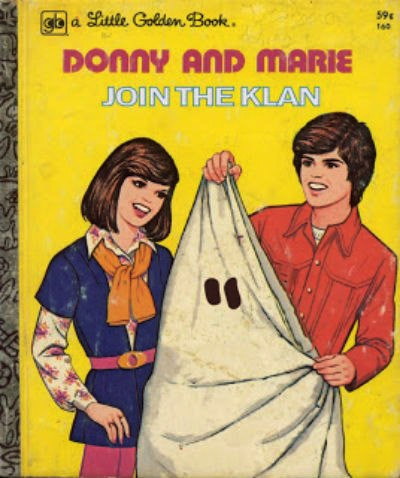Two new hoax-themed novels —
Two new novels involve hoaxes as their central theme. So they might be of interest to hoaxologists.
The first novel is
The Prague Cemetery, by Umberto Eco. From the
Irish Independent's review:
Eco illuminates an age like no other writer -- the era in this case being fin de siecle Paris, its filthy streets bristling with communists, conspirators and con men, Jesuits and Freemasons, and, most of all, Jews. The novel was heavily criticised in its native Italy for having an anti-semitic narrator whose repulsion for Jews permeates every page, but that misses the point. (Or perhaps makes it.) No one can escape their time and place...
The narrator is Captain Simonini, a forger and double agent who undertakes to relate his story in order to fill in the puzzling gaps which have started appearing in his memory.
It's a common theme of Eco's work... the difference here being that the conspiracy exists nowhere except in the minds of the narrator and others like him, men whose mistrust of Jews is so great that Eco ends up crediting Simonini with authorship of the notorious forgery The Protocols Of The Elders Of Zion, which purportedly lays out a Jewish plot to take over the world. The document infamously inspired Hitler.
This ultimate postmodern joke, of a forger who believes his own mental fantasies to such an extent that he ends up creating them, is a typical Eco conceit.

The second novel is
Poor Man's Wealth by Rod Usher. It tells the story of the small town of Higot that dreams up a hoax (a mysterious outbreak of narcolepsy) as a way to attract tourism. From the review in the Melbourne's Sunday Age:
Somewhere in the backwaters of an unnamed Spanish-speaking country lies Higot, a dirt-poor tobacco town where the sky "pours down its yellow heat on to the bones of the dead and the living". Rumours from beyond the mountains that tobacco may not be that good for you are scorned by Higot's poor farmers as a perfidious slur, but they're nervous because even if smokers aren't dying, their town certainly is. Then Higot's leading citizens secretly plot an ingenious wheeze: they will create a "sleep myth" to attract the world's attention - and maybe some of its money. It is a flagrant hoax but soon half the village is playing its unwitting part in a remarkable outbreak of narcolepsy.
Usher's premise reminds me of
Vilcabamba, the small town in Ecuador that attracted international attention back in the 1970s because many of its residents claimed to be over 100, until it turned out that most of them were lying about their age.

, by A. Brad Schwartz, in which he re-examines the 1938 Panic Broadcast by looking at the letters sent to Welles himself in the days after the broadcast. Schwartz has also posted a list over at huffpost of ten times when "fake news made real news."
more…






 There's another new book out to add to my library of hoaxes. It's Fakers: Hoaxers, Con Artists, Counterfeiters, and Other Great Pretenders by Paul Maliszewski. From the product description:
There's another new book out to add to my library of hoaxes. It's Fakers: Hoaxers, Con Artists, Counterfeiters, and Other Great Pretenders by Paul Maliszewski. From the product description: